A tale of two lovers: Could rare letters by Charles Dickens’ sister-in-law hint at secret affair?
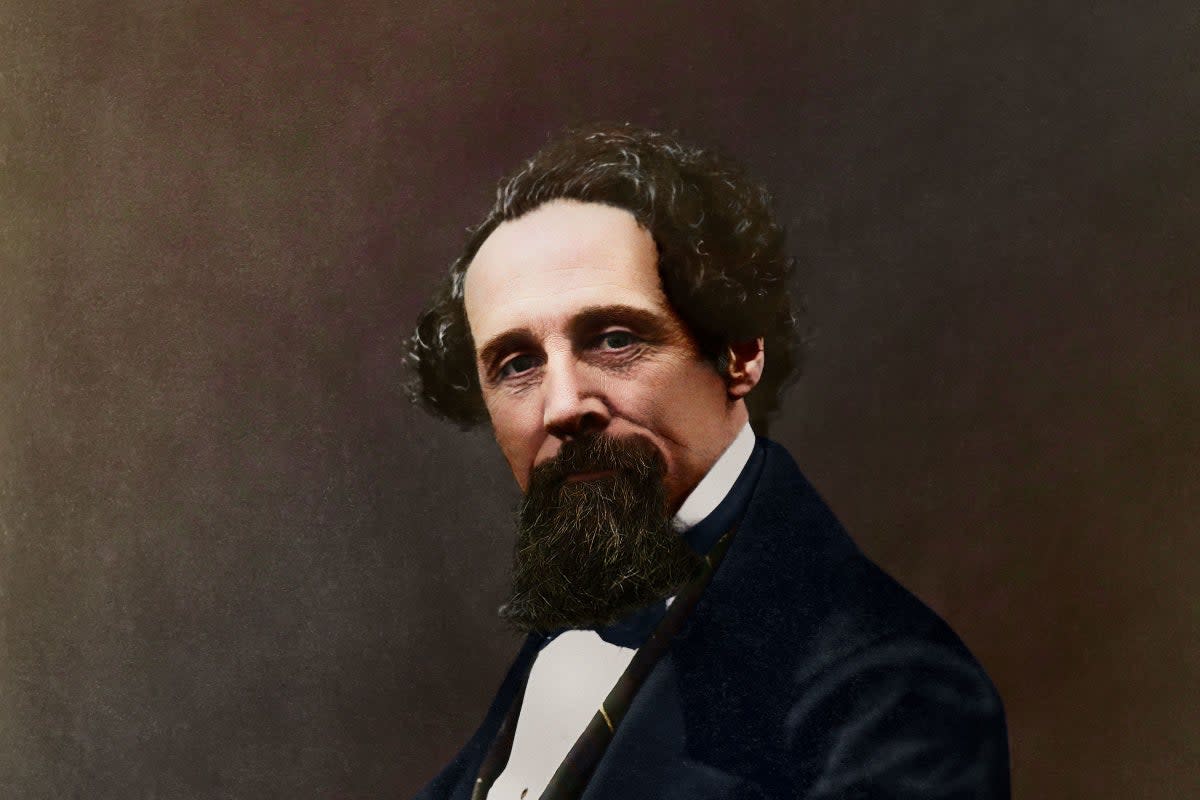
Never-before-seen letters written by Charles Dickens’s sister-in-law could shed surprising new light into the life of the famed author and his family.
An extensive collection of 120 letters written by Dickens’s “best and truest friend” Georgina Hogarth offers a window into some of the most debated events in the Great Expectation author’s life, including his divorce and infidelities.
Georgina Hogarth, sister-in-law, housekeeper, and confidante, lived with Charles Dickens from 1842, when she was aged 15, until Dickens’s death in 1870.
The writer was dogged by affair rumours for most of his life, but none were more persistent and more fiercely denied than the claim he had a long-standing relationship with Hogarth.
The Charles Dickens museum in London now holds the world’s largest collection of Hogarth letters after purchasing them for £6,048 from a private collection at a Christie’s auction late last year.
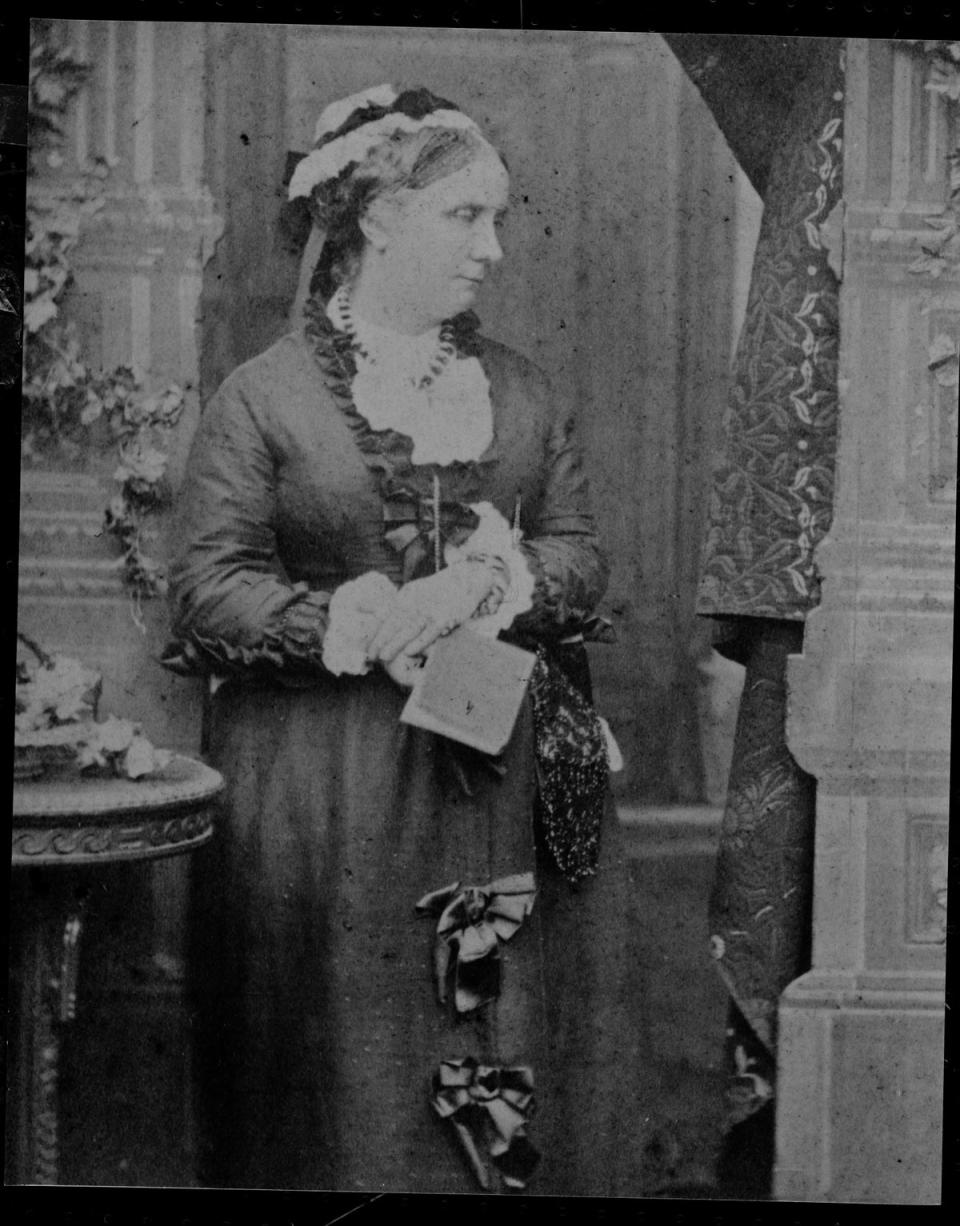
Emma Harper, curator at the Charles Dickens Museum, told to The Independent about how these letters reveal her relationship with Dicken’s and her role in managing his reputation and legacy after his death.
She said: “As far as we know, an affair didn’t take place, but we have not read through all the letters. The affair was certainly rumoured at the time.
“We do know that an affair took place with Nelly Ternan and Dickens, and Nelly and Georgina were good friends, which is interesting.
“These letters show the depth of Georgina’s emotional attachment to Dickens, which can be seen as a little bit odd.”
During her long association with Dickens, Hogarth was witness to some of the most controversial events in his life, notably the separation from his wife, Catherine – an episode that greatly affected his writing and threatened his reputation.
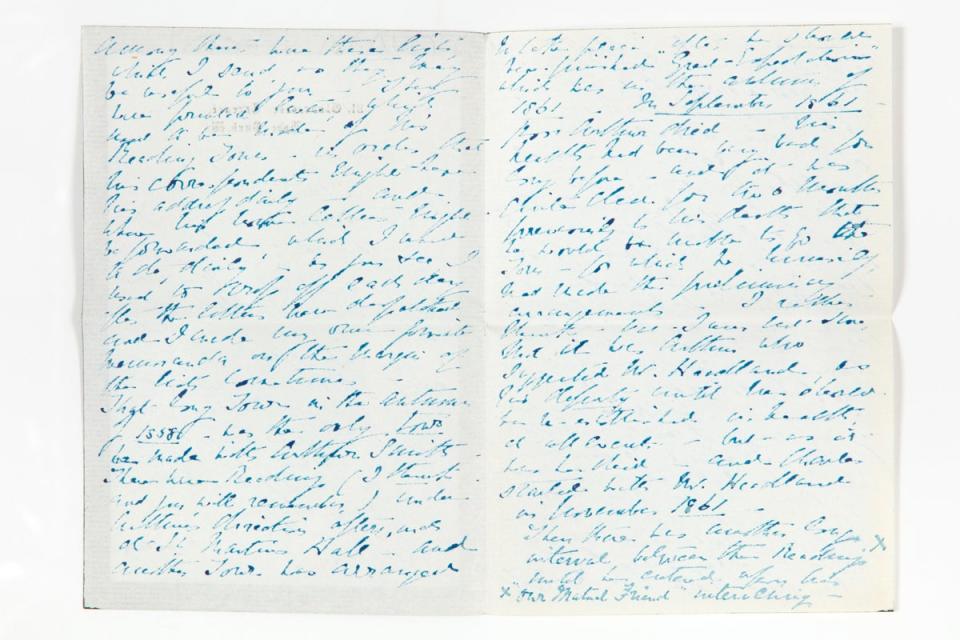
Dickens described the claims about his relationship with Hogarth as “monstrous misrepresentations” in his journal Household Word, as under Victorian law a relationship with a sister-in-law was treated as incest, and therefore a criminal offence.
“It is confusing as to why Georgina stays after he separates from Catherine but if you look at it from another perspective, if she had left with Catherine, she would not have had a home or money to live,” Harper said.
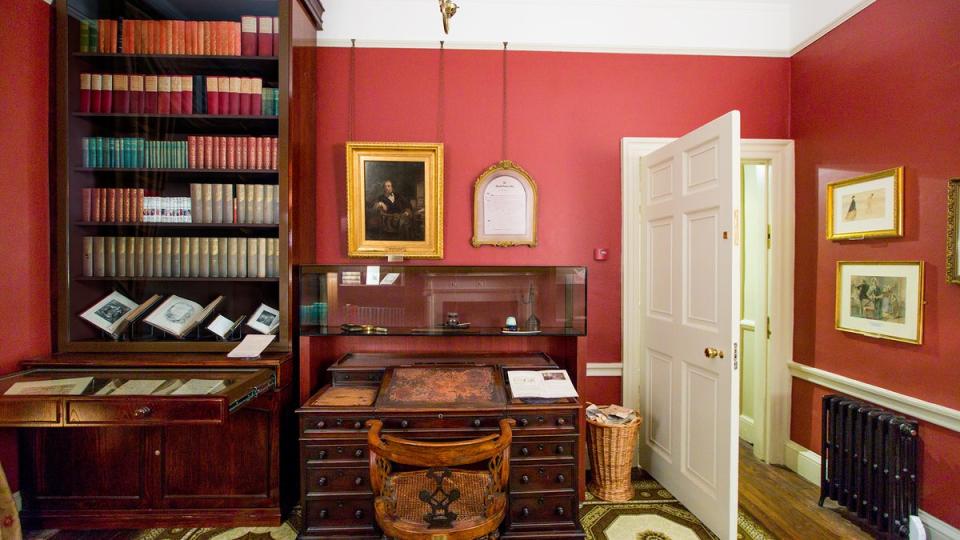
“She was a single unmarried woman and her status without Dickens was very little in Victorian Britain. She realised she would be significantly better off living with Dicken’s rather than her sister.
“Georgina and Catherine’s relationship was tricky too, and that comes across in the letters.
“I don’t think there will necessarily be any clear references to any alleged affair, but it will be interesting to understand their relationship in greater detail.”
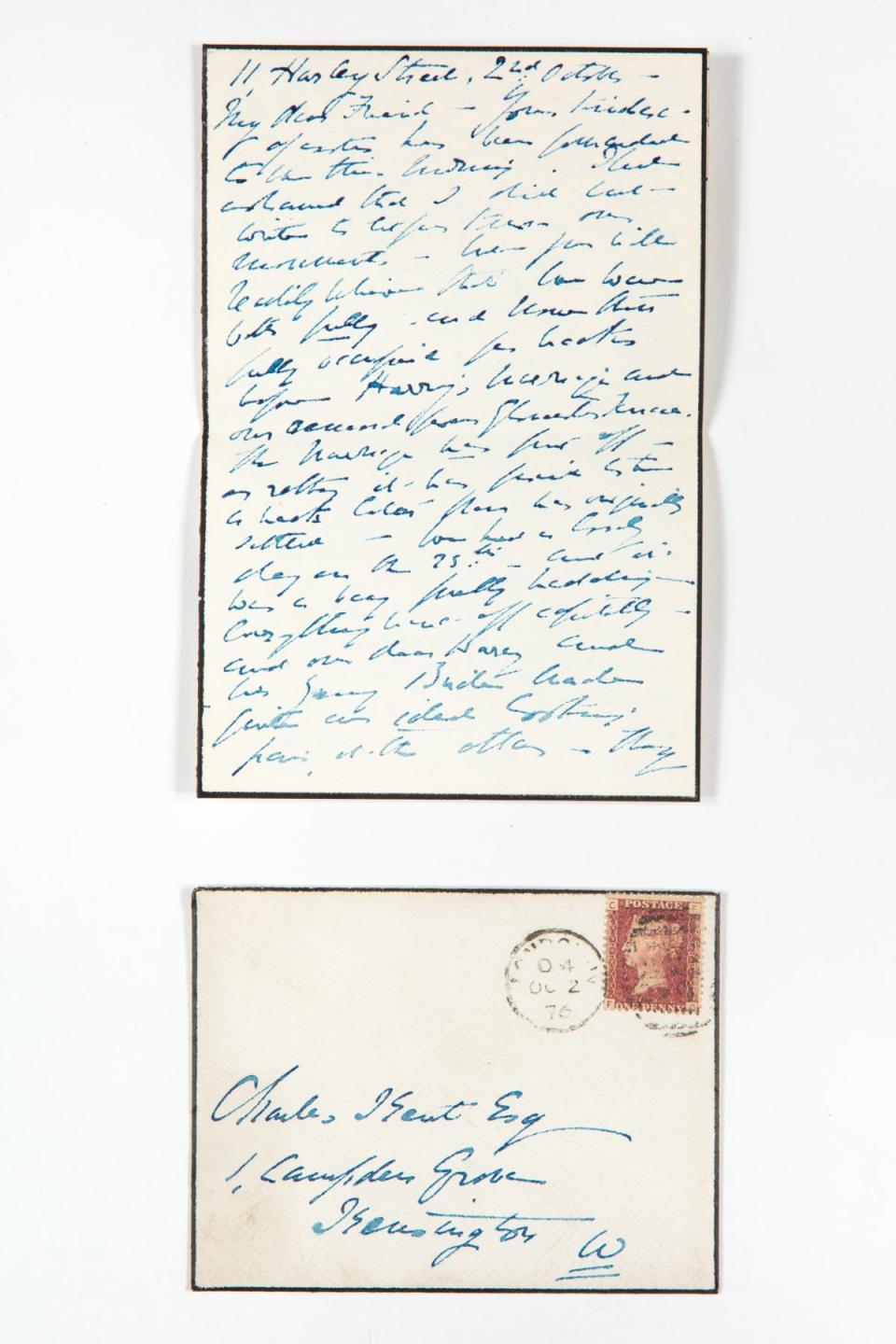
Georgina was never married even though she received a few proposals. Harper explained: “Whether that’s because she’s so hung up on Dickens himself that no one kind of matches him in her eyes, I’m not sure yet but it is good speculation.”
One letter, written by Georgina on 7 February 1871, the first birthday after Dickens’s death, read: “I know he is happy and blessed and indeed I do not think I would recall him to this dark world, if I could – but the burden of life without him is very very hard to bear – and sometimes, just lately especially I feel as if I could not bear it- and people always seem to think it is wicked to wish to die I am sure I don’t know why – at any rate, if the wish does not prevent your (self?) humbly trying to do your duty while you live – as cheerfully and contently as you can! God bless you and yours – and help you through weary work of living.”
Harper explained the poetic style of writing shows the “depth of Georgina’s emotion” in relation to Dickens.
“It shows she’s struggling to cope with the hole that he leaves in her life,” the curator added.
Cindy Sughrue, Director of the Charles Dickens Museum, said: “We are thrilled to share the news of our new acquisition and are very thankful for the support of the Arts Council England/V&A Purchase Grant Fund and Friends of National Libraries. These unpublished letters will enhance our existing collections relating to Georgina Hogarth and Charles Kent and allow us to illuminate Georgina’s role and her impact, in her own words.”
A spokesman for Friends of the National Libraries said : “Returning literary treasures such as Dickens‘s letters to the house that celebrates him as a resource for scholars and students is the essence of what we do as the safeguarding charity for libraries and we are grateful to our donors who enable through private donations public access and preservation of our literary DNA.”


